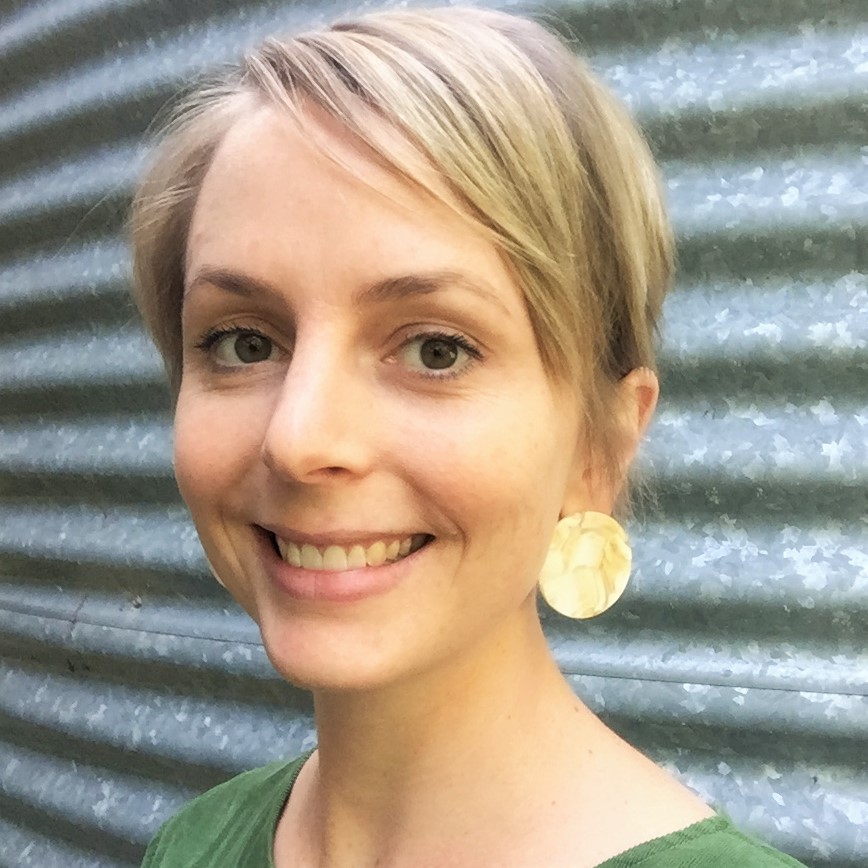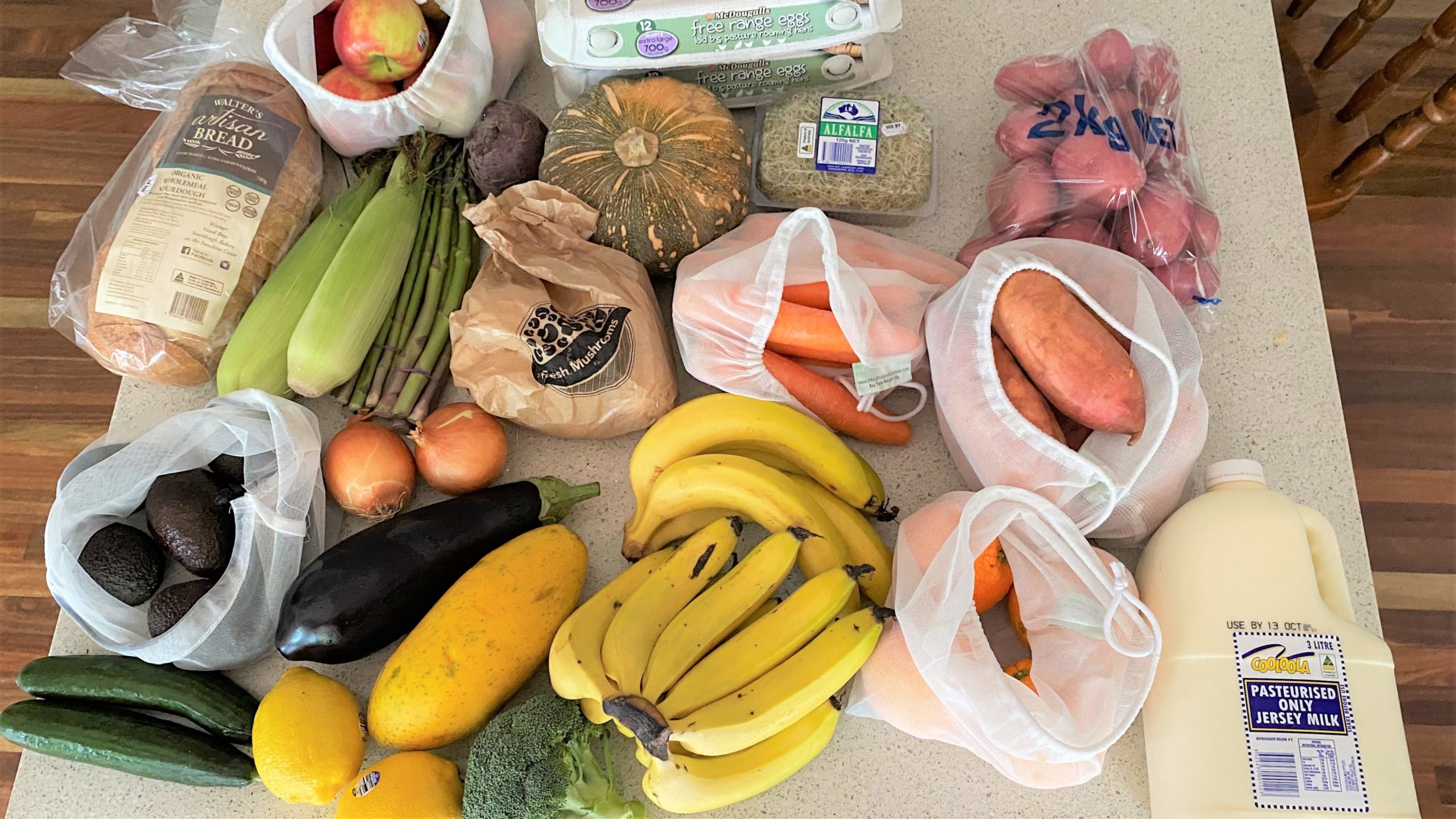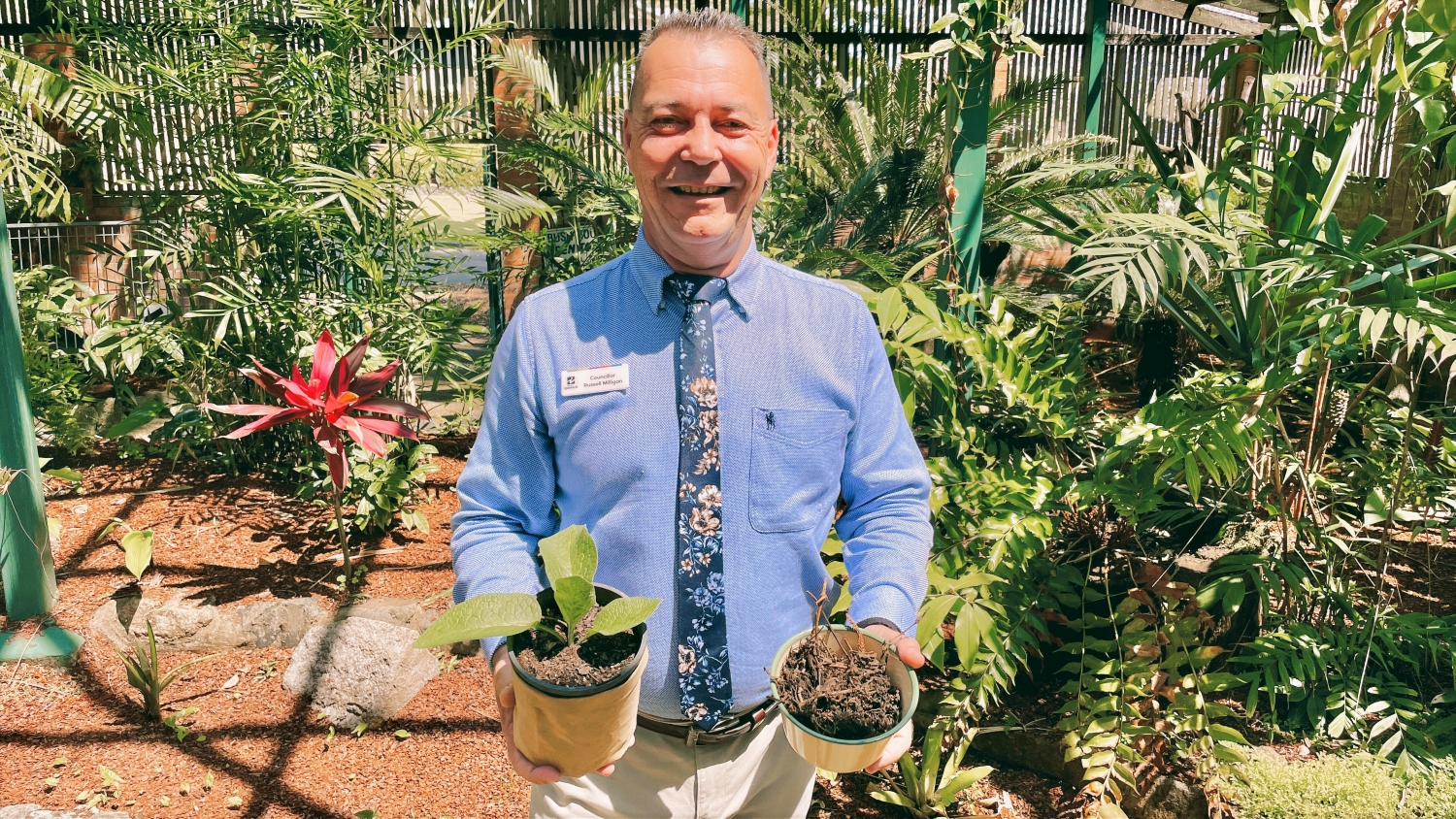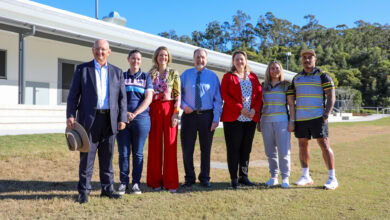It is hard to envisage our lives without plastic. But learning to cut out plastic from everyday routines is as easy as attending Plastic Free at Home on 6 November, part of Sustainable Ipswich Month.
The fun and interactive workshop presented by sustainability blogger Nicole Lutze and Ipswich resident Sandra Preston-Hatcher will explore out-of-the-box ways to reduce plastic in everyday life.
You can’t start living plastic-free overnight, but eco-mum Nicole Lutze has shared the simple steps every family can take so they can live healthier and enjoy getting back to basics.

We’ve all heard of Marie Kondo’s ‘Spark Joy’ philosophy. What’s your motto for living life with less?
Marketers have done a very good job at convincing us we need stuff that did not exist two generations ago. So, ‘simplify’ is a good motto for our family. People do not need plastic liquid soap dispensers in their bathrooms when a bar of soap does the same thing.
We also don’t need four different types of cleaning sprays, when you can literally clean your entire house with a bucket of warm soapy water and an old rag.
Think, “What would my great-grandparents have done?”, and you will usually find a cheap and plastic-free solution.
Explain how you approach ‘thoughtful family living’?
It means questioning the status quo and recognising opportunities to do things differently.
That might mean working part-time to spend more time with young children, cooking from scratch to minimise waste and save money, repairing instead of replacing broken items, utilising the second-hand marketplace or growing some of our own food.
What was the catalyst that made you want to cut plastic out of your life?
One of the very first steps I took to reducing plastics was switching to a bamboo toothbrush about 15 years ago. I remember sitting in the dentist waiting room in Brisbane and they had a small display that mentioned the number of plastic toothbrushes that end up in landfill each year. They recommended switching to a biodegradable bamboo toothbrush. It was a no-brainer, and I have used biodegradable wooden toothbrushes ever since.
I need to say that I have not cut plastic out of my life completely, and I think the idea of living with zero waste is impossible. Even if you shop at bulk food stores and eat-in at cafes, waste is being generated behind the scenes.
But what we can do is take steps that fit our lifestyles, ethics and budgets to minimise our reliance on plastics and responsibly manage our waste.
The planet needs many people making imperfect attempts to reduce waste, instead of a select handful of people who can rule out plastics almost entirely.
“Sustainable Ipswich Month is a way for our community to learn from each other
as we progress towards a greener future.
The variety of activities give residents many ways to kick-start their journey or be inspired by new and innovative ideas to reduce waste, reuse materials and help the environment.
This month of sustainable events and workshops is one of the ways we can learn simple and easy ways to make change and promote sustainable living in everyday life, all year round.”
– Environment and Sustainability Chair Councillor Russell Milligan
What’s your favourite ‘out-of-the-box’ method to reduce plastic usage?
Connecting with your immediate community can help reduce your reliance on plastic. When we moved to our new neighbourhood more than four years ago, one of the first things I did was look for a local apiarist I could buy honey from.
I found a lovely old man who lives nearby, and I often take my glass jars over for him to fill up with beautiful raw honey. The honey tastes better than any heat-treated honey you would buy at a supermarket, and it is alleged to have added natural health benefits.
My local Harvest Swap group is similarly wonderful. Even if I don’t have much growing in the garden, I can bake some biscuits, bring along old clean glass jars and egg cartons or milk bottles of worm wee, and swap them for beautiful homegrown produce, seedlings and learn from whoever might be presenting at the monthly catch-up. It’s all about establishing a local network to reuse, recycle, repurpose and share resources.
So, instead of purchasing new seedlings packed in virgin plastic pots from a garden centre, someone in a Harvest Swap group will reuse their existing pots filled with seedlings and cuttings from their own garden.
You might also find people within those groups who are happy to loan tools, pass down toys their children have stopped using, or bulk-buy items plastic-free groceries or household items and then share them amongst participants as part of a community-style co-op.
What is the most common type of plastic found in the family home?
In our home, food packaging remains the most common plastic waste – milk bottles, bags from frozen peas and berries, and plastic mesh bags used to bundle fruits like avocados.
To ensure we are not diverting that waste to landfill we recycle our soft plastics at our local supermarket via RedCycle and utilise curbside recycling for bottles. Any beverage containers eligible for a 10c refund are returned to our local Containers for Change scheme, and food scraps along with paper or cardboard are composted.
It feels impossible to escape everyday plastic packaging. How can families reduce plastic usage when shopping?
One of the best ways a family can reduce their waste when shopping is to buy seasonal ingredients and cook from scratch. Learning to cook is a game-changer for reducing waste, saving money and improving your health.
When buying packaged goods, try to buy the biggest bag you can instead of individually packed portions. You can also bring along your own reusable produce bags when shopping for fruits and vegetables and look for groceries packed in cans or glass.
Living more sustainably is about continually taking small steps to improve and recognising that sometimes it might feel like two steps forward and one step backwards.
Plastic Free at Home – Queens Park Environment Education Centre
Saturday 6 November
Admission is free but registration is essential – follow this link to secure your place.
For more information and to register for Sustainable Ipswich Month events, visit Ipswich.qld.gov.au/sustainability
Sustainable Ipswich Month is delivered through the support of the following partners:
Ipswich Libraries, Council’s Habitat Gardens Program, Ipswich Waste Services, Ipswich Nurseries, Council’s Active Kids Program, and Garage Sale Trail.
Read more
>>> Council-first interactive program revealed for Sustainable Ipswich Month



